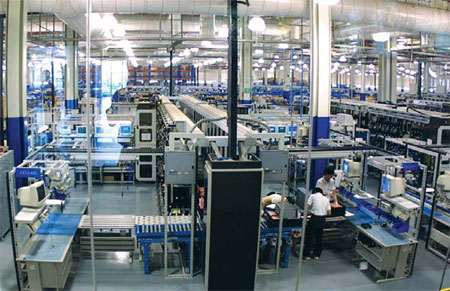Chinese investors need broader global perspective so it is oriented toward the high end of the global value chains
China's outbound direct investment has grown by leaps and bounds over the last decade or so, from $2.7 billion in 2002 to a record high of $87.8 billion in 2012, and it is estimated it will exceed $100 billion by the end of the 12th Five-Year Plan period (2011-15).

But despite having emerged as the world's third-largest outward investor, China is in urgent need of broadening its global perspective on outbound investment. In the initial stages of reform and opening-up, China's ODI was basically aimed at setting up small trading companies or offices to establish overseas contacts or provide supporting services for the country's export and import trade.
And after more than three decades of reform and opening-up, to a great extent, the country's outward investment is still oriented to foreign trade and domestic manufacturing, and of little significance for the integration of global resources. Statistics from the Chinese Ministry of Commerce show that about 65 percent of China's ODI in 2012 went to the leasing, commercial service and mining sectors, indicating an investment structure that is out of step with the circumstances in the post-financial crisis era.
The international investment climate has been undergoing profound changes since the onset of the global financial crisis. First and foremost, international investment has become an important means for developing countries to integrate into the global economy, participate in the division of labor within the global value chains and realize their industrial and technological upgrading.
If China continues to excessively orient its outward investment to the low-end manufacturing and export sectors, it will miss the opportunities to integrate global resources, especially advanced technologies, and be kept at the low end of global value chains. That is one of the reasons why China's outward investment requires a broad global perspective.
Also, in the context of the third industrial revolution, which features the development of Internet technologies and renewable energies, no country is capable of technological monopoly as the globalization of research and development is already underway. Production in this era will be decentralized in low volumes and customized with designs tailored for regional and even individual tastes. These will change the international division of labor, where, at present, developed countries dominate the research and development process while developing economies mostly undertake manufacturing.